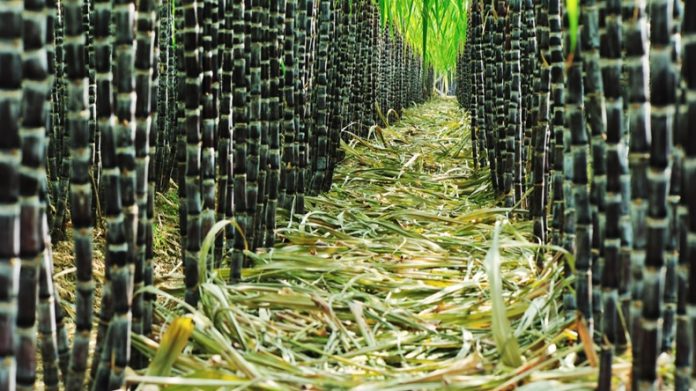The Pakistan Kissan Mazdoor Tehreek (PKMT) has urged the National Biosafety Commission (NBC) to reject the proposal for the commercialisation of two genetically modified (GM) sugar cane crops, citing significant hazards associated with GM crops.
In a recent press release, the PKMT expressed strong opposition to the Technical Advisory Committee’s recommendation under the Environment Protection Agency (EPA) in Islamabad. This committee approved and recommended the commercialisation of two high-yielding GM sugar cane varieties: insect-resistant transgenic sugar cane (CABB-IRS) and herbicide-tolerant transgenic sugar cane (CABB-HTS), both developed by the University of Agriculture, Faisalabad. These varieties now await final approval from the NBC.
“The PKMT denounces this attempt, which will further enable corporate control over our food and agricultural production. Approving GM sugar cane commercialisation will be disastrous for the country, particularly the agriculture sector. This will be the first GM food crop in Pakistan,” the organisation stated.
The PKMT pointed to the failure of Bt cotton in India as a cautionary tale, noting that Pakistani farmers are also experiencing declining cotton yields. They highlighted that GM crops are banned in several European Union countries, Turkey, and many other nations.
In 2019, an attempt to introduce GM maize in Pakistan was halted when the Ministry of National Food Security & Research distanced itself from approving genetically modified maize. The PKMT fears that the push for GM sugar cane is another step towards undermining farmers’ rights over seeds and agricultural production. They believe that corporate lobbying has long been pushing for the commercial use of GM crops.
The organisation linked the push for GM crops to the TRIPs (Trade-Related Aspects of Intellectual Property Rights) agreement under the WTO, which grants patent rights to large transnational corporations. The PKMT reiterated its demand for a moratorium on genetically modified seeds and foods in Pakistan and called for an immediate halt to GM sugar cane promotion.
The PKMT also referenced a petition filed by various civil society organisations against the Amended Seed Act 2015, demanding an immediate hearing to address farmers’ rights to seeds.
“Given that sugar cane is used for ethanol production, this move will worsen the already dire environmental situation and further impoverish small and landless farmers. We strongly urge the National Biosafety Commission to disapprove these two GM sugar cane varieties,” the PKMT stated.




